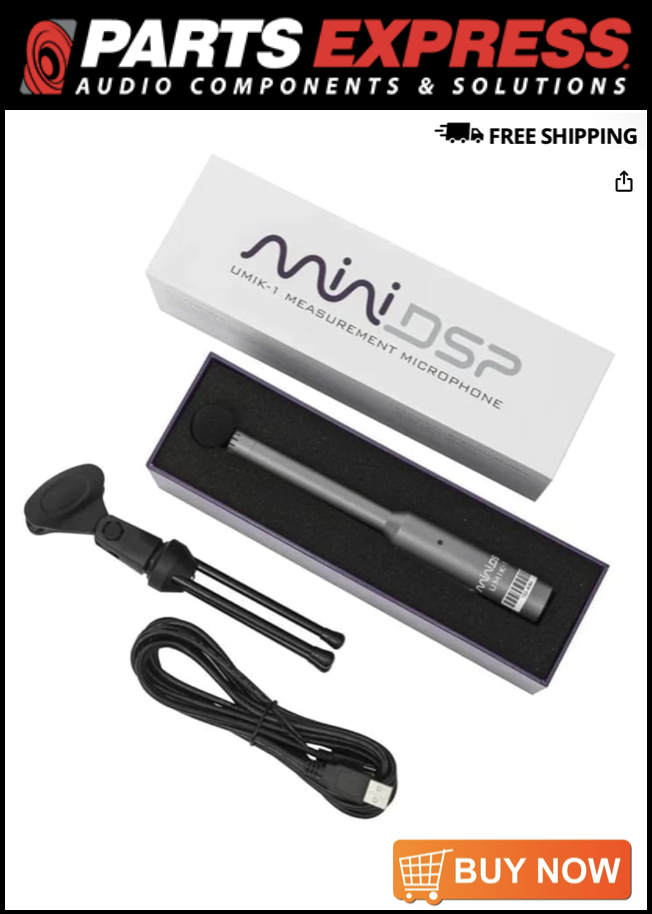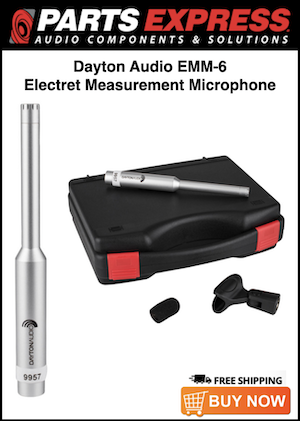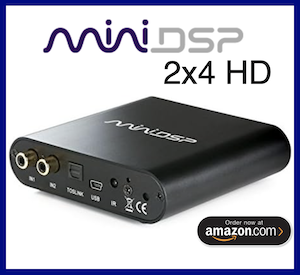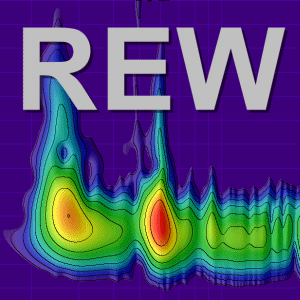tomnovelty
New Member
Thread Starter
- Joined
- May 6, 2024
- Messages
- 2
Good morning, everybody.
I'm working on a draft of automatic measures.
I bought the REW license and I am facing some issues.
I have to individually measure the frequency response of loudspeakers. To do this, I do a sweep, then I compare the obtained curve to the reference curve that I inserted into the software.
However, I cannot open my reference curve in the software via the API. Despite several readings in the help, I can't find how to open a measure in the software (open an already built . mdat file).
On the other hand, I can't get the curve drawn in the software either. The API does the sweep well but I can't open the curve from an external link.
Here is the procedure I perform:
- Configuring audio settings
- I'm measuring the loudspeaker.
- I smooth the result.
- I can't do it right now, but I'm opening the reference curve.
- I'm doing the A/B calculation.
- Then I want to display the curve obtained at the end of the result.
Thank you in advance.
Tom
I'm working on a draft of automatic measures.
I bought the REW license and I am facing some issues.
I have to individually measure the frequency response of loudspeakers. To do this, I do a sweep, then I compare the obtained curve to the reference curve that I inserted into the software.
However, I cannot open my reference curve in the software via the API. Despite several readings in the help, I can't find how to open a measure in the software (open an already built . mdat file).
On the other hand, I can't get the curve drawn in the software either. The API does the sweep well but I can't open the curve from an external link.
Here is the procedure I perform:
- Configuring audio settings
- I'm measuring the loudspeaker.
- I smooth the result.
- I can't do it right now, but I'm opening the reference curve.
- I'm doing the A/B calculation.
- Then I want to display the curve obtained at the end of the result.
Thank you in advance.
Tom












